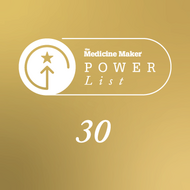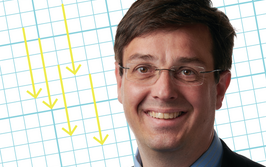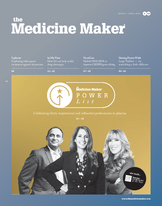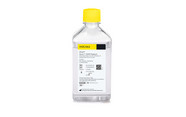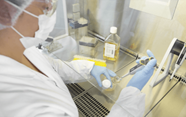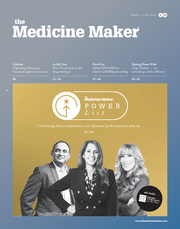Hanns-Christian Mahler
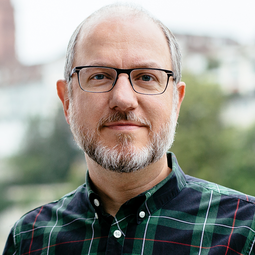
CEO, ten23 health
Hanns-Christian Mahler leads ten23 health by rejecting traditional leadership attributes and styling himself as “Chief Enablement Officer” in a holacratically organized company. A pioneer for sustainability in the pharmaceutical industry, Mahler is committed to reducing the industry’s environmental impact.
He previously led the drug product services business unit at Lonza AG, and has worked in leadership roles at Roche and Merck KGaA. He has extensive expertise in formulation development, process development and validation, packaging/device development and integration, sterile manufacturing, and regulatory submissions with numerous IND/IMPD and BLAs.
Mahler studied pharmacy at the University of Mainz, Germany, and holds a PhD in toxicology from the Institute of Pharmacy, University of Mainz. With qualifications in Business and Marketing from the AKAD University of Germany, Mahler obtained his venia legendi from the University of Frankfurt in 2010 and is an adjunct faculty member and lecturer at the universities of Frankfurt and Basel. He also serves as Editor for Pharmaceutical Research, Journal of Pharmaceutical Sciences, AAPS Open Journal and PDA Journal of Pharmaceutical Sciences and Technology.
Read our previous interview with Hanns-Christian Mahler here
We asked…
What is the most exciting development or emerging trend in pharma manufacturing today?
The trend towards self-administration. Sterile medicines can now be effectively and easily delivered subcutaneously by autoinjectors or on-body injectors.
Recommend a book that all stakeholders in the pharma industry should read.
I’ll name two: Al Gore, An Inconvenient Truth: The Crisis of Global Warming and What We Can Do About It; and Frederic Laloux, Reinventing Organizations. I think it is clear why!
What is your most controversial opinion about the field?
There are probably a few. I don’t like to follow general opinions and trends. I do my own research and have my own thoughts about topics. One topic that kept me going was the traditional belief that you can only administer 1-2 mL subcutaneously. In fact, you can administer much more – up to 20+ mL (even without any tissue modulating enzyme). Things like this can move the boundaries of modern treatments.

